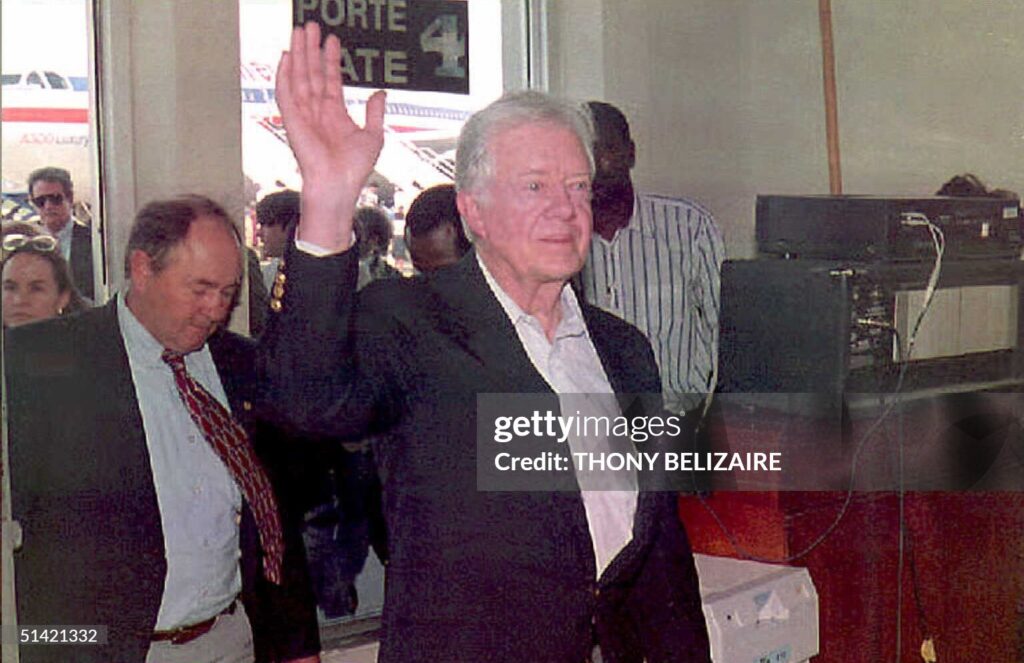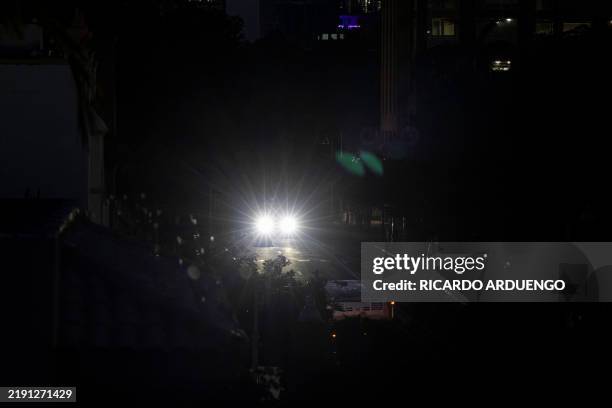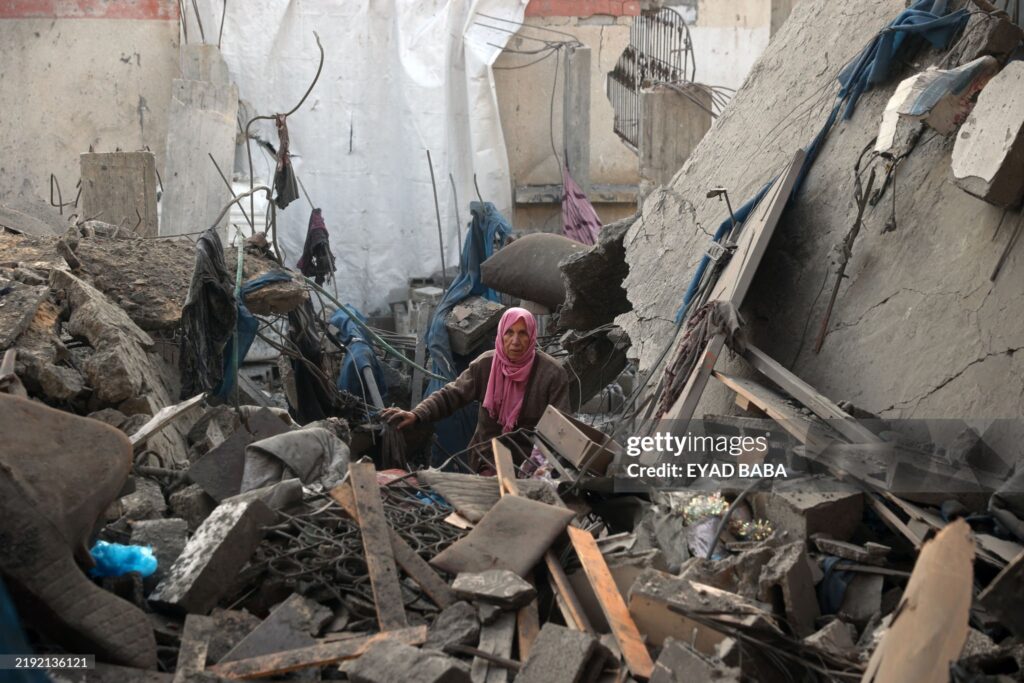

News Americas, New York, NY, January 3, 2025: As the world prepares to bid farewell on January 9th to James Earl Carter Jr., the 39th President of the United States, reflections on his legacy emphasize his significant and often underappreciated contributions to U.S.-Caribbean relations during his presidency from 1977 to 1981. Born in Plains, Georgia, Carter’s commitment to human rights, regional cooperation, and diplomacy shaped a transformative period for the Caribbean, leaving an enduring impact.

Carter’s Caribbean strategy focused on the smaller, newly independent states of the Eastern Caribbean, such as Barbados, Grenada, Dominica, Saint Lucia, and Saint Vincent and the Grenadines. These nations, along with Trinidad and Tobago, were encouraged to form a cohesive bloc to attract foreign investment and foster regional stability.
The Carter administration supported initiatives like the Caribbean Group for Cooperation in Economic Development, which partnered with the World Bank. By 1980, this group had quadrupled foreign aid to the region to over $1 billion, emphasizing regional projects to reduce dependency. Carter’s efforts coincided with significant events, including the independence of several Eastern Caribbean states, the 1979 Marxist coup in Grenada, and the Jonestown Massacre in Guyana, each of which tested U.S. foreign policy in the region.
The late 1970s were marked by Cold War rivalries, and Carter’s administration grappled with balancing security concerns and regional development. Robert Pastor, a member of the National Security Council, championed increased aid to counter Soviet and Cuban influence in the region. However, this position often clashed with officials who questioned the scale of the Soviet threat.
The 1979 discovery of a Soviet brigade in Cuba—later revealed as an intelligence error—and the Grenada coup heightened U.S. security concerns. Carter maintained a cautious approach, resisting large financial commitments but emphasizing private-sector engagement and regional cooperation.
Carter’s efforts to normalize relations with Cuba represented a bold shift from previous U.S. policies. His administration reopened diplomatic channels, established interest sections in Havana and Washington, and negotiated agreements on fisheries and maritime boundaries.
However, normalization stalled over Cuba’s military involvement in Africa, which Carter publicly criticized. Despite these challenges, Carter achieved humanitarian progress, including the release of political prisoners, demonstrating his commitment to dialogue even amid ideological divides with Fidel Castro.
Carter’s presidency placed a strong emphasis on human rights, a policy that extended to Haiti under Jean-Claude “Baby Doc” Duvalier. His administration pressured Duvalier to release political prisoners, setting the stage for Haiti’s democratization.
After leaving office, Carter’s dedication to Haiti continued. In 1990, he oversaw Haiti’s first free elections, marking the end of decades of dictatorship. His work through the Carter Center supported democratic transitions and reinforced his commitment to human rights.

Carter’s approach to Jamaica’s Prime Minister Michael Manley exemplified the complexities of U.S.-Caribbean relations. Initially skeptical of Manley’s ties to Cuba, Carter pursued diplomacy, resisting calls for aggressive intervention. In 1979, he expressed concern about alienating Manley, emphasizing the need to maintain constructive relations.
Carter’s nuanced strategy included engaging Andrew Young, former U.S. Ambassador to the United Nations, to navigate the delicate political landscape in Jamaica. This approach highlighted Carter’s preference for diplomacy over confrontation in addressing regional challenges.
Carter’s Caribbean initiatives laid the groundwork for greater regional cooperation and economic development. His presidency also marked a shift toward multilateralism, with a focus on fostering self-reliance among Caribbean nations.
Post presidency, Carter’s impact on the Caribbean extended through his humanitarian efforts. Through the Carter Center, he supported democratic transitions in Haiti, the Dominican Republic, and Guyana. His work with Habitat for Humanity included building homes in Léogâne, Haiti, for survivors of the 2010 earthquake, exemplifying his belief in improving lives through service.
As Carter himself once said, “Our greatest blessings come when we improve the lives of others.”
Jimmy Carter, who passed away at 100 on December 29, 2024, leaves behind a legacy defined by diplomacy, human rights, and a commitment to regional stability. His contributions to the Caribbean exemplify his broader vision of peace, justice, and cooperation, making him a transformative figure not only in American politics but also in global history.




